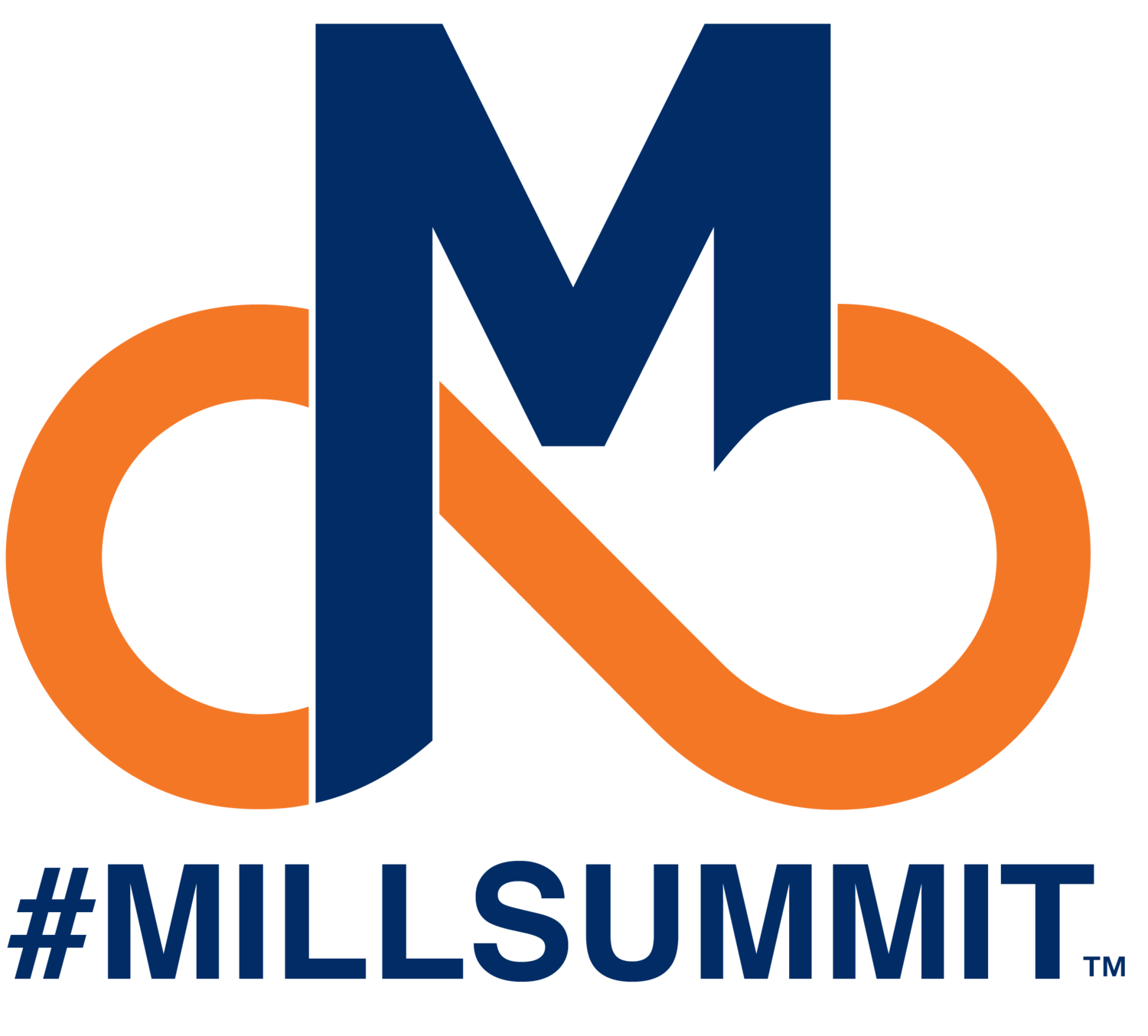Let’s Make the Workplace #Trendy
Article written by Rachel Ornstein
In this era of Great Resignation, (or ‘Great Switch-a-roo' if you read our last post) there are trends that have emerged as non-negotiables for young talent. Let’s discuss three popular ones, and evaluate how effective they actually are. Shall we?
Four Day Work Week (aka what we all need)
There has been much debate over implementing a four-day workweek. If you’re wondering what this actually looks like, picture yourself getting a three day weekend every single weekend. #Goals
According to a survey reported in USA Today, "[employee] wellbeing dramatically increased across a range of indicators, from perceived stress and burnout, to health and work-life balance.” A popular concern regarding company productivity was squashed with the study’s finding that productivity remained the same or improved. So in short, people felt better and nothing bad happened. #YouLovetoSeeIt
The movement to implement this trend has already started, as Forbes reported on a pilot program including 35 North American companies and 20+ global companies from a variety of organizations testing it out. Only time will tell if a four-day workweek is truly the way to go, or if five days is the money-maker.
Unlimited Paid Time Off (#Unlimited PTO FTW)
Isn’t unlimited PTO the dream? Picture yourself just sitting on a beach for weeks on end… and any guilt you may be carrying about unread Slack messages just floats out to sea. It’s perfect. The limit literally does not exist on vacation days. However…
According to Inc.com, implementing unlimited PTO only works if you do it right. Leaders must model the importance of taking a vacation by doing so themselves. It also means scratching the nonsense of a “working vacation,” and truly being offline. (And to be clear, this doesn’t mean checking email before you visit Disney World, or taking a work call instead of having lunch with the family.) Inc reports that many companies choose to offer unlimited vacation because they know talent will go elsewhere if they don't. Doesn’t seem like they actually want us to take vacations, which is a real issue.
Fortune.com's Harris Poll demonstrates the popularity of this trend. Two thousand workers participated in a survey concluding that 50% of workers would take unlimited PTO in lieu of a higher salary. The shocking part? Only 9% of workers currently have this benefit!
Veteran HR operations manager Helena Berry sees unlimited PTO as more of a “psychological benefit” than anything else, as she notes her feelings of empowerment that come from not less constraints on booking time off. So this begs the question, how important is unlimited PTO to you?
Mental Health Days (Literally need one right now)
Mental health has been a hot topic in the past few years due to COVID-19. You know, when we learned how mentally draining a remote working environment is? A huge consequence of that experience was everyone’s mental health, and many people learned the importance of taking days off to support their own rest & recovery.
And so, we arrive at the newly found non-negotiable of mental health days. Forbes, however, reports that mental health days have always been around, “the [only] difference now is that some companies are deciding whether employees have expressed permission to take care of themselves.”
While there is great popularity in the implementation of mental health days, Forbes provides a devil’s advocate take. They say that the impact of mental health days doesn’t last long in that they are reactionary instead of preventative, and that mental health days do not address workplace factors.
Instead, their suggestions of better tactics include:
making the justification part of ‘taking off’ obsolete and just letting employees have a day off
creating a culture that supports mental health at work so that employees won’t feel alienated when they feel themselves on the brink of mental burnout
and finally, suggesting company leaders advocate more for their employees to take days off as a preventative measure.
The standards for the workplace are higher than they have ever been, and if companies refuse to adapt to the desired trends, they might as well bow out now. It will be interesting to see emerging workplace trends as we find ourselves getting more comfortable with our new normal, and see which ones survive the test of time.
